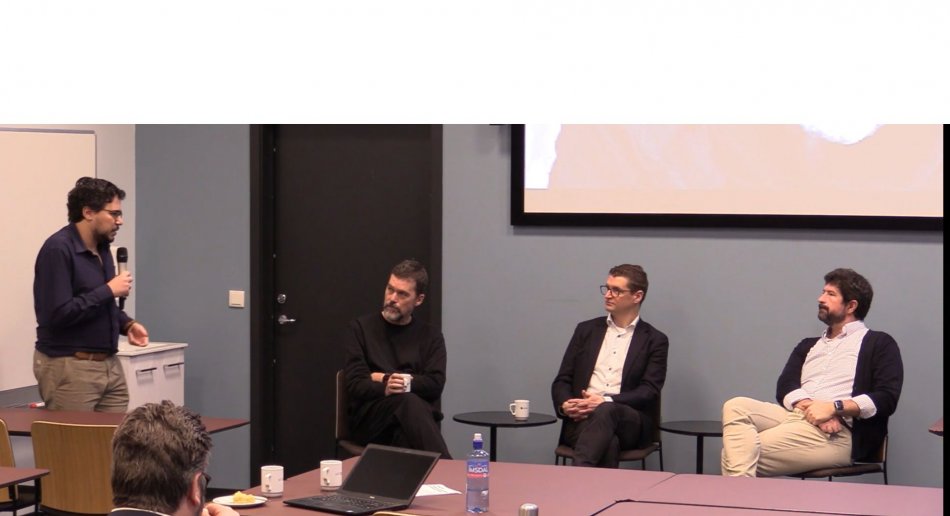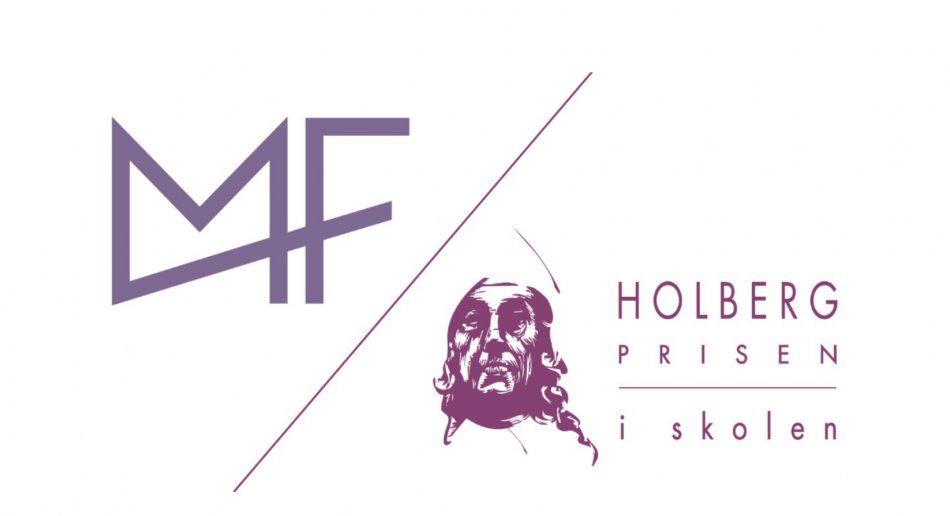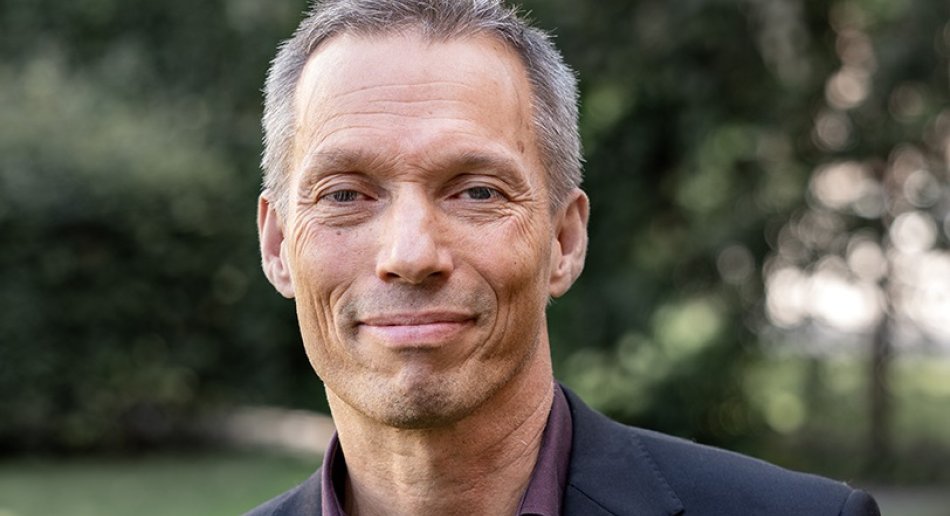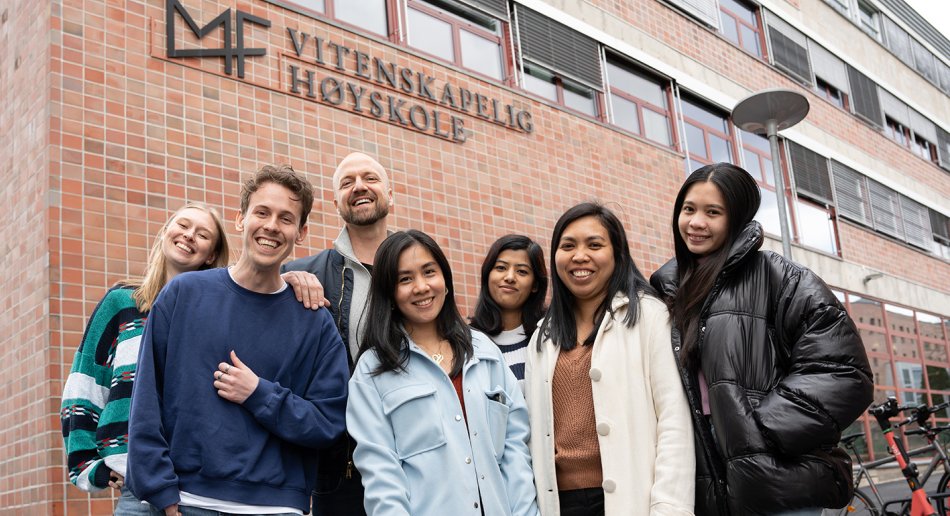
MF receives one million NOK to improve gender equality and diversity
The project will develop new working methods in the recruitment of employees, and use PhD supervision as an arena in the work for gender balance and ethnic diversity.
– At MF, we have achieved gender balance in all academic job categories, after a decade of targeted efforts to promote women at the start of their research careers. At the same time, we are seeing greater ethnic diversity in the student group at MF and in the community around us. However, this diversity is found to a lesser extent in the staff group and in recruitment positions. We want to do something about this,’ says Hildegun Hennum Høeg, senior adviser at MF and project manager for MF Balanse.
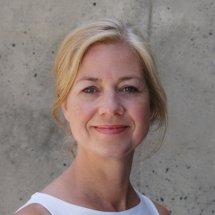
With this situation in mind, MF applied when the Research Council of Norway announced two-year projects with funding of up to NOK 1 million. The funds will be used to develop innovative measures for gender balance, diversity and inclusion in academia. MF was one of 20 institutions whose applications were approved.
Recruitment and counselling
All the individual projects are also part of a network that will be an arena for exchanging experiences and updates on new ideas, methods and theories.
– MF Balanse will develop new recruitment methods and use PhD supervision as an arena to promote gender balance and ethnic diversity. Furthermore, we will bring our experiences and challenges related to recruitment and supervision into the BalanseHub network, and hopefully contribute to expanding knowledge in this area in the sector,’ says Hennum Høeg.
‘MF has several excellent academic resources that will make significant contributions to the planned activities. ‘This will be fun work to get started with,’ says Hennum Høeg.
MF Balanse has three main goals:
1) Ensure a high proportion of women in senior positions and increased ethnic diversity in recruitment at MF.
2) Contribute to raising awareness of gender imbalance and the importance of diversity perspectives among managers and decision-makers in MF's recruitment processes.
3) Increase PhD supervisors‘ and research fellows’ knowledge and awareness of gender imbalance, diversity and inclusion in academia.
– The higher education sector is largely governed by external factors. But we can work with what we can influence ourselves. We will work towards an organisational culture in which gender balance, diversity and inclusion are natural components in the supervision of young researchers, in the preparation of recruitment processes and in the strategic management of the organisation as a whole.
Important choice of words
Research shows that appointment and promotion committees must have clear criteria to avoid bias in their assessments of competence and suitability. For example, the choice of words in job adverts is crucial to determining which potential applicants feel competent to apply for the position.
– Gender balance and ethnic diversity in academia are affected, for example, by prioritisations related to academic development and portfolios, strategic research initiatives, and distribution of supervisory tasks, positions and administrative tasks. These are opportunities that can both merit and hinder the recruitment of women and ethnic minorities to senior positions or further academic careers,’ says Hennum Høeg.
– The activities in MF Balanse, therefore, address both recruitment and merit processes, as well as the mentoring process that socialises younger researchers into academia.
Training for managers
Through training for managers and decision-makers, MF Balanse will renew existing practices so that the gender balance we have achieved can be maintained, and at the same time that a greater diversity of experience backgrounds and competences will be counted. This will affect future admissions to PhD positions, supervision processes and the work of recruitment and promotion committees.
– MF has several excellent academic resources that will make significant contributions to the planned activities. This will be fun work to get started with,’ says Hennum Høeg.
Recent news
